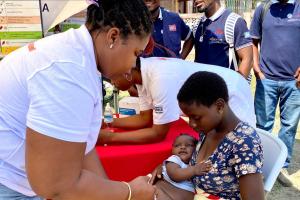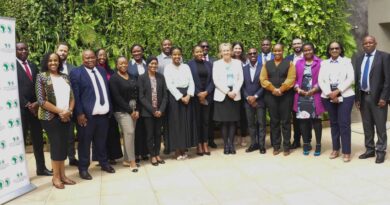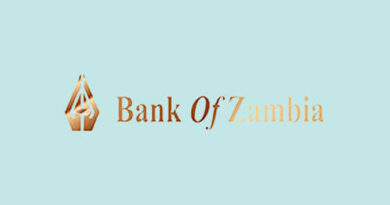Mozambique Takes a Major Step in Malaria Prevention with R21 Vaccine Introduction
Mozambique has reached a significant milestone in its fight against malaria with the introduction of the R21 vaccine, aimed at reducing malaria cases and saving thousands of children’s lives annually. As malaria remains a critical issue in Africa—where a child dies from the disease every minute—the rollout of this vaccine is expected to make a considerable impact.
Supported by Gavi, the Vaccine Alliance, and co-financed by the Government of Mozambique, the country has received approximately 800,000 doses of the R21 malaria vaccine. This initiative will target around 300,000 children through Mozambique’s Expanded Programme on Immunization, focusing on 22 districts in Zambézia province. The vaccine will be administered in a four-dose schedule, starting with children aged 6 to 11 months.
Hon Dr. Armindo Tiago, Mozambique’s Minister of Health, highlighted the importance of this vaccine. “The malaria vaccine, which is being rolled out initially in Zambezia today, is one of the latest approaches in the fight against the disease,” he stated. “The choice of Zambezia as the launch site is due to the high burden of the disease in the province. The vaccine will be administered in four doses with the aim of reducing severe malaria illness and death.”
The WHO-recommended R21 vaccine is both safe and effective. It is proven to reduce malaria cases by over 50%—and up to 66%—during the first year of follow-up, with prolonged protection offered by the fourth dose. In Mozambique, where malaria prevalence in children under 5 stands at 32%, this vaccine marks a major advancement in child health and disease control.
Dr. Severin von Xylander, WHO Representative in Mozambique, underscored the significance of this development. “The introduction of the malaria vaccine into Mozambique’s childhood vaccination programme is a historic event because it is the result of research and trials carried out by Mozambican scientists in Mozambique that led to the development of the first vaccine of its kind, the RTS,S vaccine. This pioneering work laid the foundations for WHO to recommend the RTS,S and R21 vaccines for childhood immunization from 2021.”
Mozambique’s introduction of the R21 vaccine brings the total number of African countries offering malaria vaccines to 11. This includes eight countries providing RTS,S and three administering R21 as part of their childhood immunization programs. The expanded rollout is crucial for enhancing malaria prevention across the continent.
Despite these advancements, malaria remains a significant health challenge in Africa, which accounts for approximately 70% of the global malaria burden. In 2022, the region reported 94% of global malaria cases and 95% of all malaria deaths, according to the 2023 World Malaria Report.
In addition to the vaccine, ongoing efforts are needed to increase the use of insecticide-treated nets. Currently, only 57% of households in Mozambique have at least one such net.
The Ministry of Health, supported by Gavi, UNICEF, WHO, and other partners, is focusing on preparation, acceptance, and the introduction of the malaria vaccine. This includes developing implementation plans, communication strategies, training health professionals, engaging communities, and ensuring adequate cold chain capacity.



